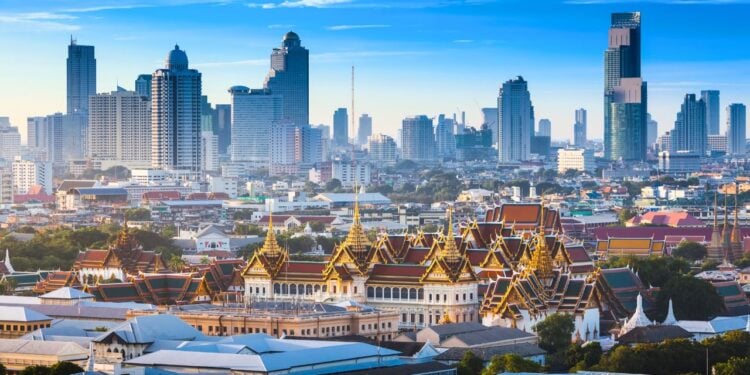Thailand announced on Tuesday that it is extending visa durations and improving conditions for different groups including digital nomads, tourists, postgraduate students, and retirees.
The decision was a part of a series of visa reforms announced by the Thai government that are designed to attract more visitors and retain foreign talent. It’s reported by Reuters that, starting in June, travelers from 93 countries will be able to stay in Thailand for up to 60 days. This is an increase from the previous limit of 30 days.
Additionally, the number of countries eligible for visas on arrival will be expanded — making it easier for more international visitors to enter the country. This embrace of digital nomads and prolonged stays is part of a broader strategy to build on the country’s vital tourism sector.
It’s also seen as a move to compete with the more than 50 countries around the world including Peru, Canada, Greece, and Spain, that now offer digital nomads the opportunity work within their borders for a prolonged period of time.
One of the most notable policy changes for Thailand is the validity extension of its digital nomad visas. Previously, the country’s specialized visas were valid for 60 days. However, Thailand’s digital nomad visas will now be valid for up to five years, with each stay capped at 180 days.
These changes are expected to attract self-employed and remote workers who can contribute to the local economy while enjoying Thailand’s culture and affordable lifestyle.
The new policy also allows postgraduates to remain in Thailand for an additional year after graduation — providing more time for young professionals to either seek employment or further their advanced studies. These policies are aimed at attracting and retaining young international talent, similar to the “Visum zur Studienbewerbung” introduced by Germany earlier this year.
Reuters reports that Thailand received 14.3 million tourists between January and May 26, 2024. The country aims to reach a record 40 million foreign visitors by the end of the year, with an expected revenue of 3.5 trillion baht ($95.73 billion).
These visa extensions and improved conditions are expected to make Thailand an even more attractive destination for international tourists, students, and retirees — in addition to the increasing number of digital nomads around the world.
By permitting longer stays and easing entry requirements, Thailand hopes to create a more welcoming environment that supports both its economy and maintain its global standing as a premier work and travel destination.















